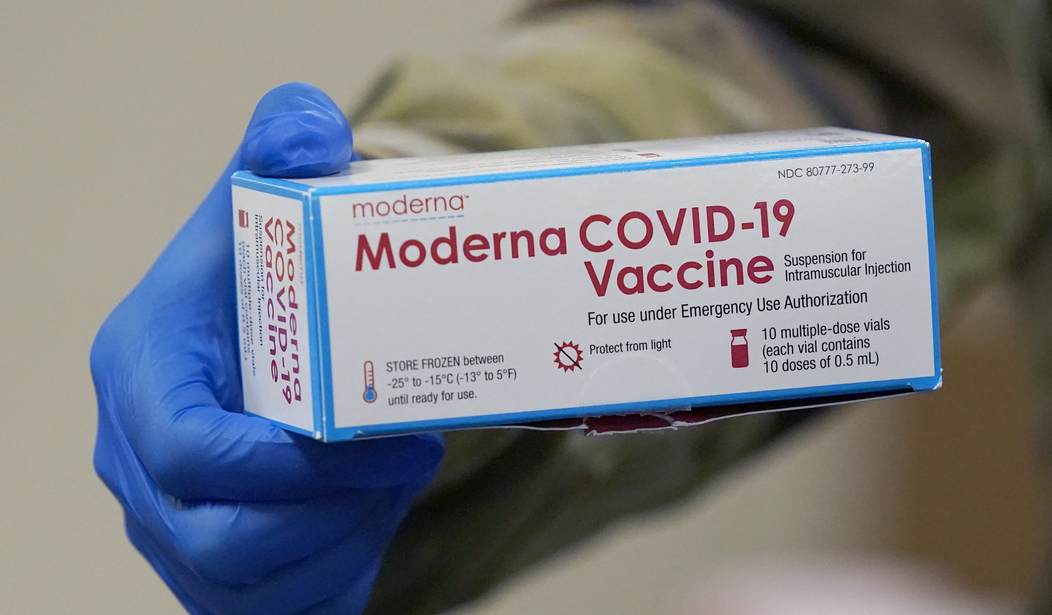The U.S. Centers for Disease Control and Prevention (CDC) announced Tuesday that the time between the two doses of the Pfizer-BioNTech and Moderna coronavirus vaccines can be up to eight weeks for certain individuals.
The CDC’s updated vaccine guidance explains that the risk of the heart condition myocarditis is more prevalent in males ages 12-39 years. Extending the interval between the two initial doses of the Pfizer or Moderna vaccine in this age group could lower the risk.
“mRNA COVID-19 vaccines are safe and effective at the FDA-approved or FDA-authorized intervals, but a longer interval may be considered for some populations. While absolute risk remains small, the relative risk for myocarditis is higher for males ages 12-39 years, and this risk might be reduced by extending the interval between the first and second dose. Some studies in adolescents (ages 12-17 years) and adults have shown the small risk of myocarditis associated with mRNA COVID-19 vaccines might be reduced and peak antibody responses and vaccine effectiveness may be increased with an interval longer than 4 weeks. Extending the interval beyond 8 weeks has not been shown to provide additional benefit. There are currently no data available for children ages 11 years and younger. Therefore, an 8-week interval may be optimal for some people ages 12 years and older, especially for males ages 12–39 years.”
Recommended
Previously, CDC guidance recommended waiting three weeks between doses of the Pfizer vaccine and four weeks between doses of the Moderna vaccine. These intervals remain the same for people who are moderately to severely immunocompromised, adults ages 65 and older, and those who are in need of protection due to exposure to the virus.
Late last year, Townhall covered how Finland, Denmark, and Sweden restricted the Moderna vaccine due to climbing cases of myocarditis in young men who took the vaccine.
In a statement to Reuters in October, the Swedish health agency said “the connection is especially clear when it comes to Moderna's vaccine Spikevax, especially after the second dose.”

























Join the conversation as a VIP Member